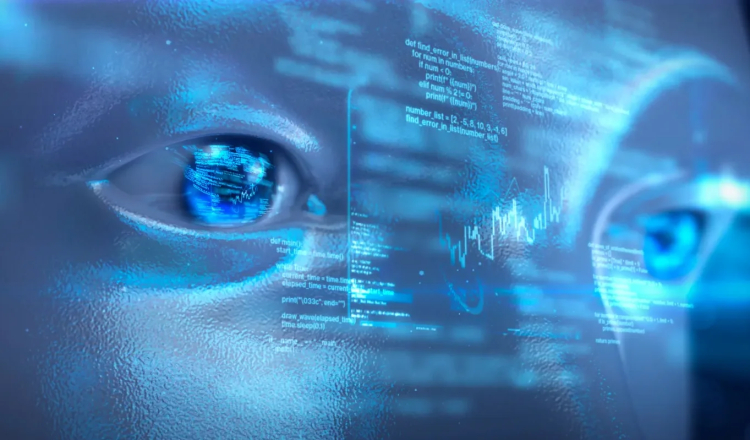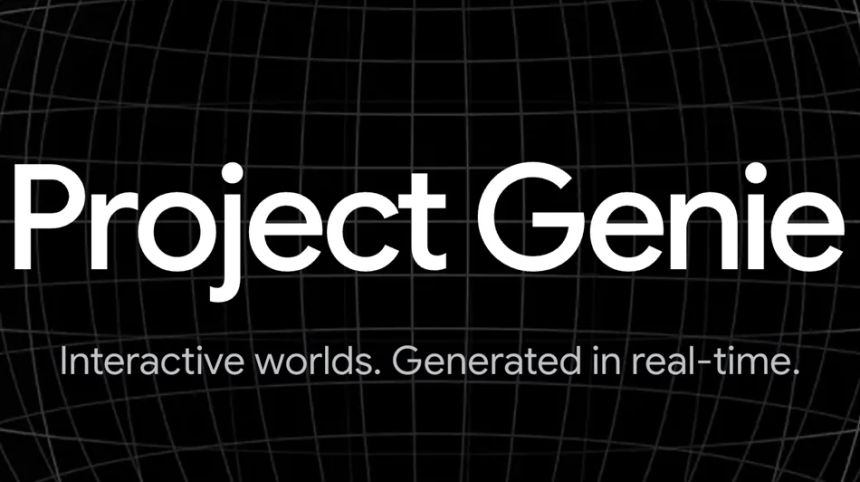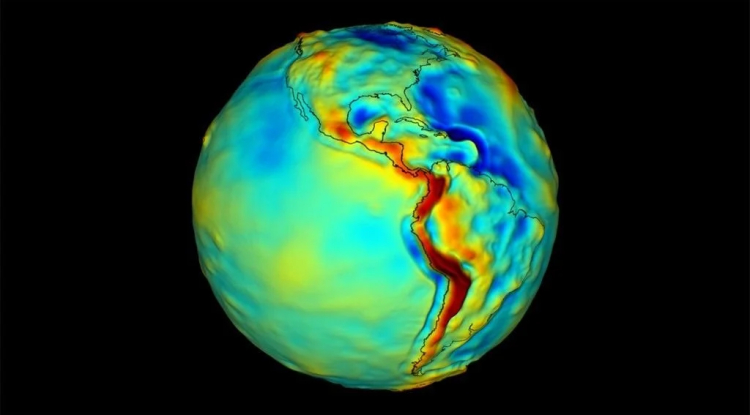40% of Jobs at Risk: How AI Will Increase Global Inequality
The UN warns: AI will reach the value of Germany's economy by 2033, but will also leave millions of people unemployed and deepen the gap between rich and poor countries. Why developing countries may lose the technology race and how to avoid it - in a new UNCTAD study .

Artificial intelligence is rapidly transforming the global economy, but its development brings with it both opportunities and serious risks. According to a report by UNCTAD (the United Nations Agency for Trade and Development), the market value of AI will reach $4.8 trillion by 2033, comparable to the size of Germany’s economy. However, the benefits of this technology are distributed extremely unevenly. The UN warns that AI could affect 40% of jobs worldwide, with developing countries at greatest risk, where automation could increase economic inequality.
The main problem is that the benefits of AI are concentrated in the hands of a small number of corporations and countries. For example, 40% of global investment in AI research and development is accounted for by just 100 companies, mostly from the US and China. The market value of giants such as Apple, Nvidia and Microsoft is already comparable to the GDP of the entire African continent. At the same time, 118 countries, mainly from the Global South, are practically not involved in key discussions about AI regulation, which threatens to deepen the technological divide.
Another serious threat is the automation of jobs. According to the World Economic Forum, 41% of employers are considering laying off workers due to the introduction of AI. Low-paid workers in developing countries are especially vulnerable, where algorithms can replace entire professions. At the same time, AI can create new industries and jobs, but this requires large-scale investments in retraining and adapting the workforce.
To avoid widening inequalities, UNCTAD suggests a range of measures, including transparency in AI development, open-source development, shared infrastructure, and greater international cooperation. “AI can be a catalyst for progress, but only if countries actively manage its development,” the report says. Without coordinated action, technological advances risk exacerbating existing imbalances, leaving many countries on the margins of the digital age.
Share
What's Your Reaction?
 Like
0
Like
0
 Dislike
0
Dislike
0
 Love
0
Love
0
 Funny
0
Funny
0
 Angry
0
Angry
0
 Sad
0
Sad
0
 Wow
0
Wow
0





![Transfer/ Postings Senior Superintendent Police Hyderabad [Notifications]](https://pakweb.pro/uploads/images/202402/image_100x75_65d7bb0f85d5f.jpg)
![Amazing Text Animation Effect In CSS - [CODE]](https://pakweb.pro/uploads/images/202402/image_100x75_65d79dabc193a.jpg)






